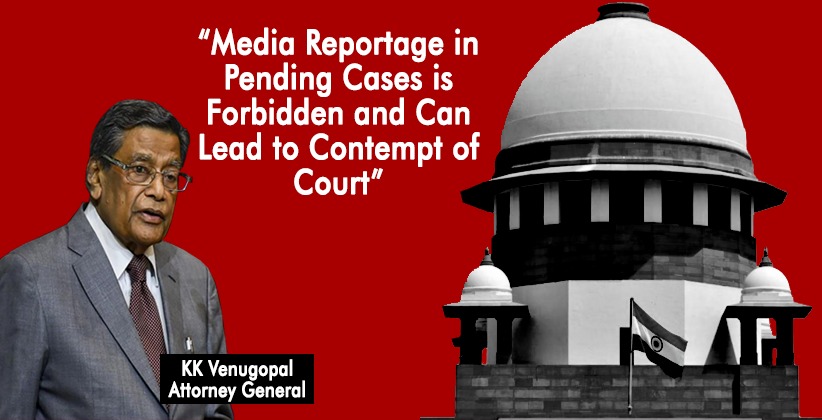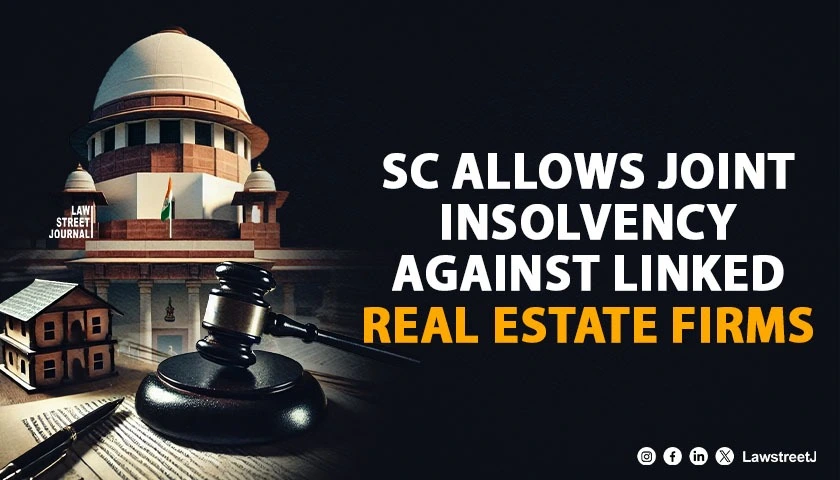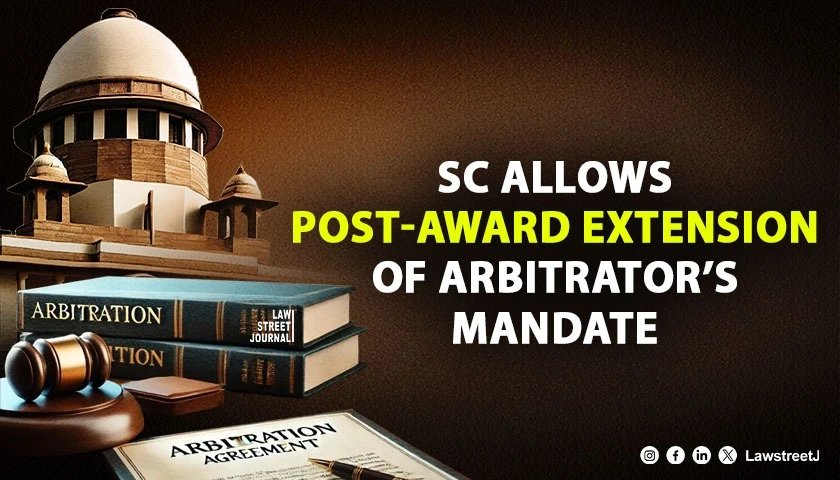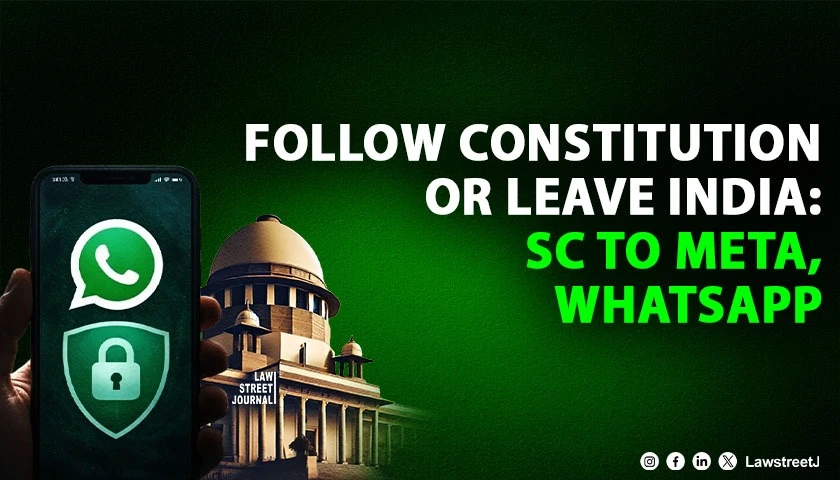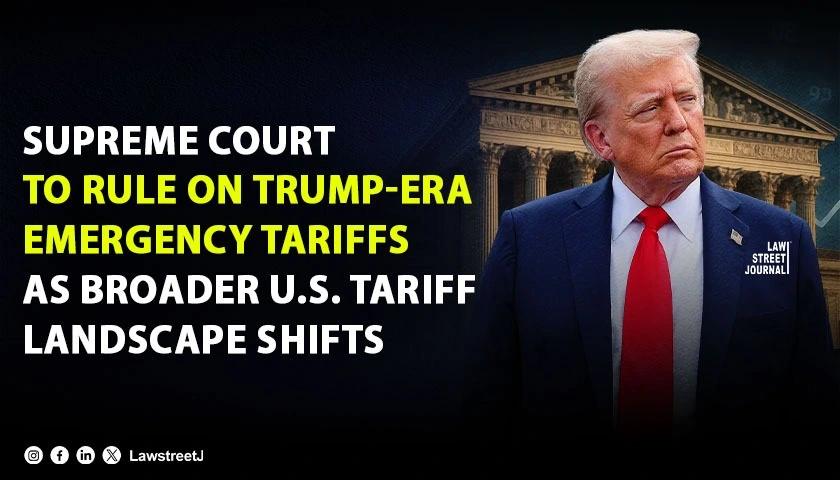On Tuesday (October 13, 2020), KK Venugopal, the Attorney General put forth before the Supreme court that Media reportage of certain kind in pending cases is completely wrong and forbidden to do so, it can lead to contempt of court. The Attorney General made this remark before a bench headed by Justice AM Khanwilkar in the 2009 contempt of court against senior advocate Prashant Bhushan and journalist Tarun Tejpal.
During the hearing, AG Venugopal referred to the comments of electronic and print media on the pending cases in the courts and said that it is totally forbidden
Venugopal said, Today the electronic and print media are commenting on pending cases and trying to influence the court. Referring to media reporting in the Rafale case, the Attorney General said that such comments should not be made in pending cases.
Further, he added that This is completely forbidden and may lead to contempt of court. He will discuss this with senior advocate Rajiv Dhavan appearing on behalf of Bhushan and all other lawyers appearing in the case.
Dhavan, at the outset, said that perhaps some questions were needed to be remodeled in the case. Agreeing to this Venugopal said that perhaps a fresh look at the proposition given by Dhavan was needed. Earlier, the top court had accepted the plea of Bhushan to seek the assistance of the Attorney General in the contempt case against him and Tejpal.
The court had given AG time to remodel the issues to be considered in this contempt case. In November 2009, the court issued a notice to Bhushan and Tarun Tejpal, Editor of a Magazine named Tehelka in which while giving an interview Bhushan, had allegedly attacked some presiding and former judges of the Supreme Court.
Venugopal also said, Whenever a bail plea of an accused in a high profile case is heard, the TV channel making comments on the accused can cause damage to their image. In the context of reporting of the death of actor Sushant Singh Rajput AG pointed out, A bail petition is filed and TV channels start showing personal WhatsApp messages of the accused. This is prejudicial to the rights of the accused and is very dangerous for the administration of justice.
Before all of this, on 25th August the matter was referred to another bench by Justice Arun Mishra (now retired) so that some bigger questions related to freedom of speech and leveling of corruption charges against the judiciary can be answered.
On 17th August, the court asked the parties to address three issues frames by the court-
- whether such statements about corruption against judges or judiciary can be made,
- in what circumstances they can be made and,
- what is the procedure to be adopted with respect to sitting and retired judges.
Bhushan gave 10 questions related to freedom of speech and expression and the scope of contempt powers.
Two of them were-
- Whether the expression of a bona fide opinion about the extent of corruption in any section of the judiciary would amount to contempt of court.
- If the answer to the question is in the affirmative, whether the person who expresses such an opinion about the extent of corruption in a section of the judiciary is obliged to prove that his opinion is correct or whether it is enough to show that he bona fide held that opinion,
He in his plea sought the answer for all 10 questions by the constitution bench and earlier in 2009 he told the Supreme Court that making corruption charges against judges would not amount to contempt of court and mere utterance of a corruption charge could not be contempt of court.
A bench of Justices Khanwilkar, Justice BR Gavai, and Justice Krishna Murari took cognizance of AG Venugopals submission and asked him to consider re-framing the questions that the bench has to consider. With this, the bench adjourned the hearing in the matter for November 4.

